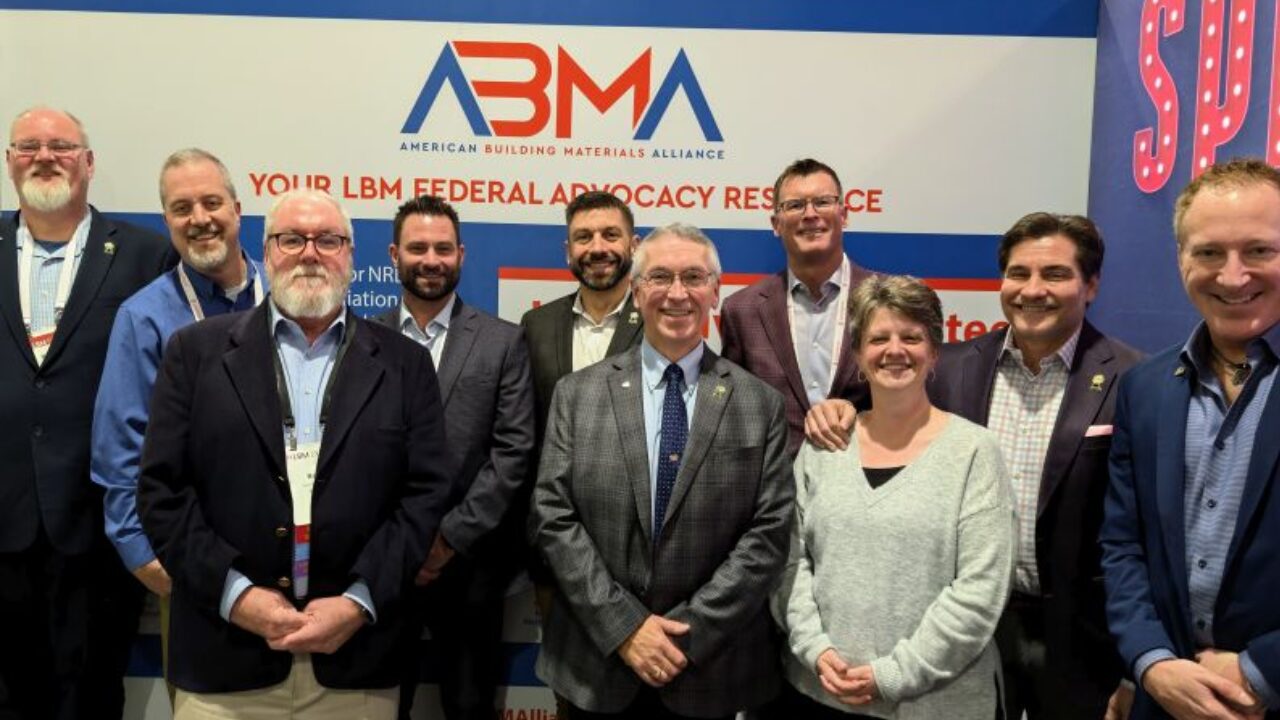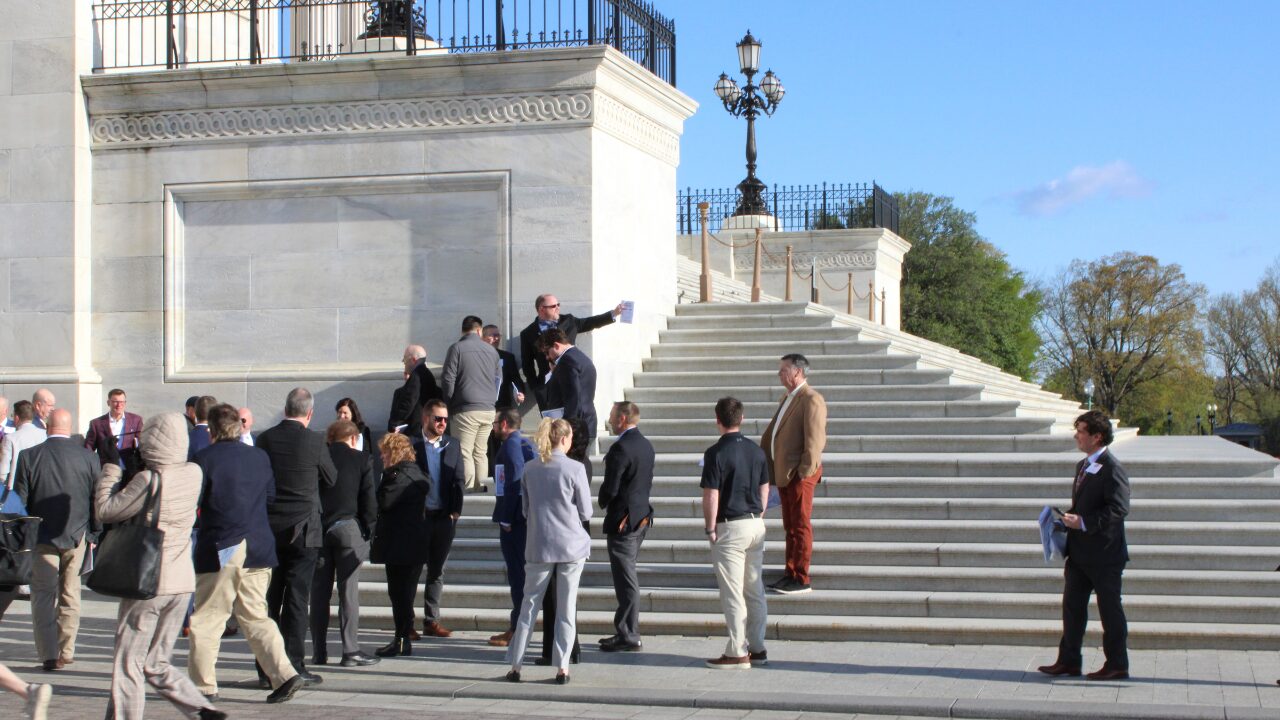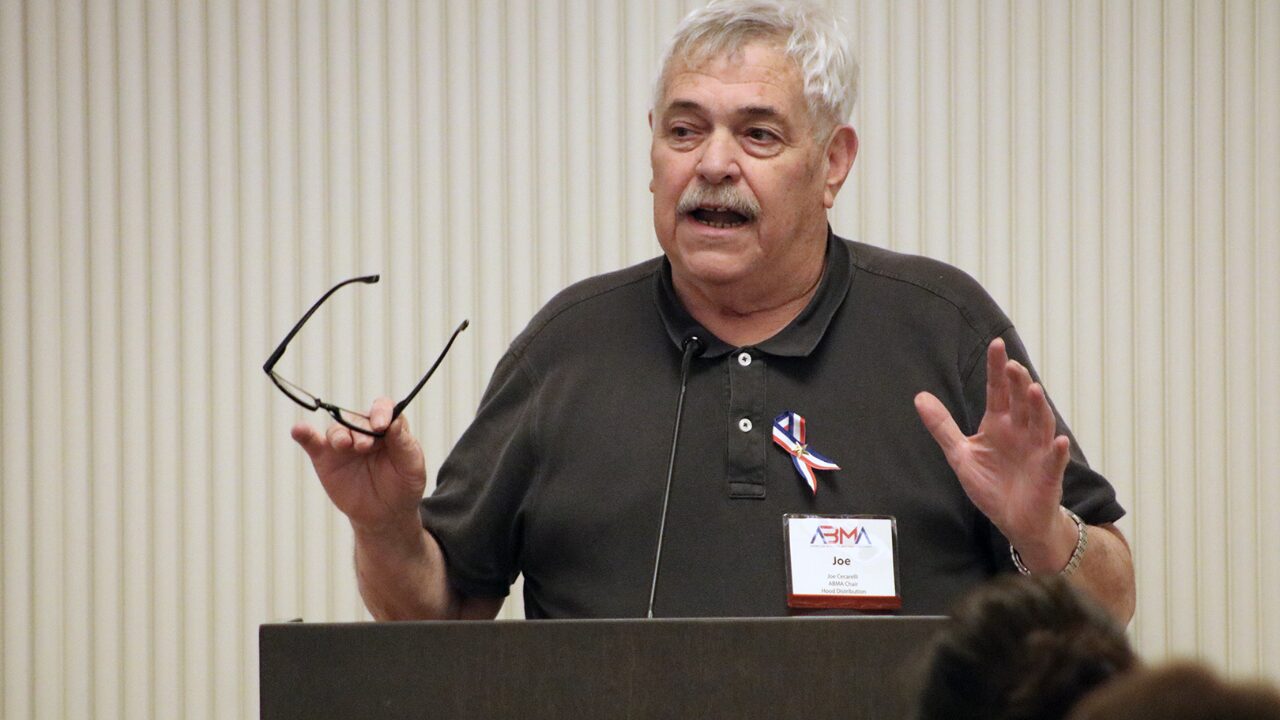FOR IMMEDIATE RELEASE
ABMA Submits Industry-Specific Concerns on OSHA’s Proposed Heat Injury and Illness Prevention Standard
Over 100 ABMA Members Unite to Submit Industry-Specific Concerns to OSHA
Rensselaer, NY – The American Building Materials Alliance (ABMA) proudly announces the submission of its comprehensive comments on OSHA’s proposed Heat Injury and Illness Prevention Standard (Docket No. OSHA–2021–0009). These comments, signed by more than 100 ABMA members, reflect the collective voice of the lumber and building materials (LBM) industry and highlight key industry-specific concerns developed in collaboration with the Small Business Administration (SBA). Through its work with the SBA, ABMA has ensured the LBM industry has a seat at the table during rulemaking activities. ABMA will continue its engagement by attending OSHA’s public hearing on June 16 and testifying in person to advocate for balanced, effective policies that prioritize safety while minimizing undue burdens.
Understanding the Rule
OSHA’s proposed rule seeks to mitigate heat-related risks in workplaces by mandating heat illness prevention plans, acclimatization protocols, engineering controls, and extensive recordkeeping. While intended to enhance worker safety, the rule’s prescriptive requirements could disproportionately impact industries like LBM, which in many cases operate in fixed, non-climate-controlled environments such as retail stores, outdoor lumber yards, and warehouses.
How the Rule Affects the LBM Industry
The LBM industry has a proven track record of maintaining safe work environments through effective heat management protocols. For example, ABMA’s insurance data, covering hundreds of locations across the Northeast, reports zero heat-related injury claims over the past four years. However, the rule’s exhaustive requirements could impose significant administrative and financial burdens on small and medium-sized businesses, diverting resources from essential operations and workforce development.
“ABMA’s submission of these comments is only the first step in our active involvement in this critical rulemaking process,” said Rod Wiles, Chair of ABMA. “We are committed to ensuring that the LBM industry has a seat at the table in shaping policies that balance worker safety with economic sustainability. With our comments and planned participation in the June 16 hearing, we aim to represent our members effectively and advocate for practical solutions that reflect the realities of our industry.”
ABMA’s Recommendations
In its submission, ABMA outlined several key concerns and recommendations:
- Recognizing Existing Safety Protocols: Allow employers with proven heat safety measures to certify compliance under their current practices.
- Flexibility: Advocate for guidelines focused on outcomes rather than prescriptive requirements.
- Regional and Work-Specific Considerations: Highlight how factors such as climate differences and work types affect heat-related risks.
- Streamlined Compliance: Propose simplified recordkeeping requirements to reduce unnecessary administrative burdens.
- Small Business Support: Request financial assistance and incentives for small businesses to implement additional safety measures.
Industry Advocacy in Action
ABMA’s comments and planned testimony at OSHA’s June 16 hearing demonstrate a proactive, long-term commitment to shaping heat-related safety regulations that work for the LBM industry. By collaborating with the SBA and engaging directly with OSHA, ABMA ensures its members’ concerns are part of the conversation and that policies reflect the realities of the industry.
For more information on ABMA’s advocacy efforts and to read the full comment submission, visit ABMA’s website.
About the ABMA
The American Building Materials Alliance (ABMA), established in August 2021, is a coalition of unified voices advocating on behalf of the lumber and building materials (LBM) industry at the federal level. ABMA represents LBM dealers and associated businesses across 17 states and Washington, D.C., including Alabama, Connecticut, Delaware, Georgia, Louisiana, Maine, Maryland, Massachusetts, Mississippi, New Hampshire, New Jersey, New York, Oklahoma, Pennsylvania, Rhode Island, Vermont, and Washington, D.C.
ABMA’s mission is to advance, shape, and influence policy across all branches of government. Working directly with Congress, the White House, and federal agencies, ABMA strives to ensure that the legislative and regulatory process benefits the LBM industry. The organization is powered by the Northeastern Retail Lumber Association (NRLA) and the Construction Suppliers Association (CSA).
Contact:
Francis Palasieski
Director of Government Affairs
American Building Materials Alliance
Direct Line: 518-880-6376
Email: fpalasieski@abmalliance.org
#




